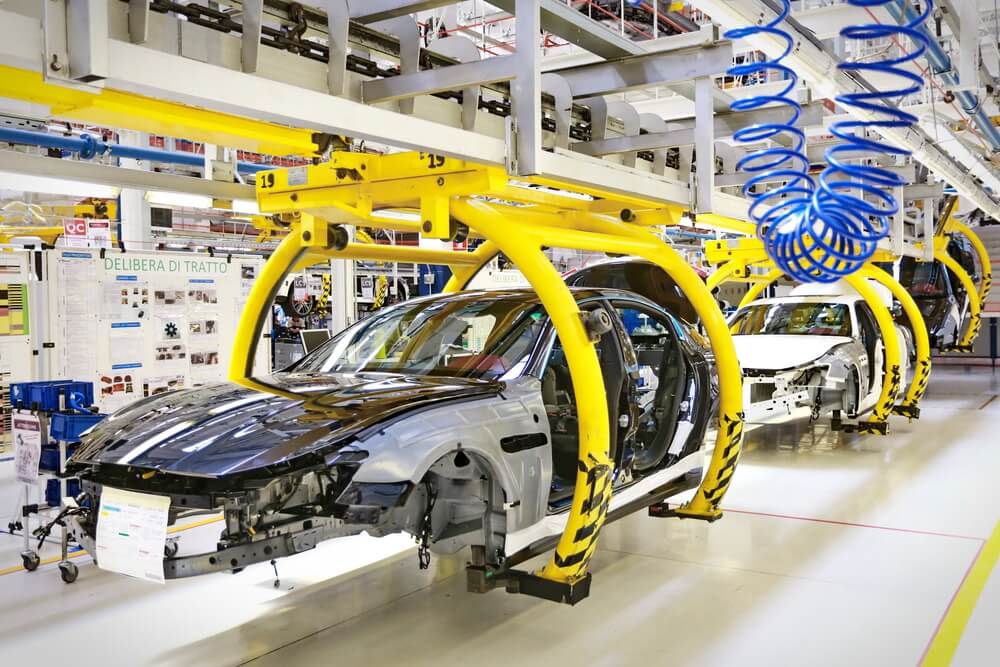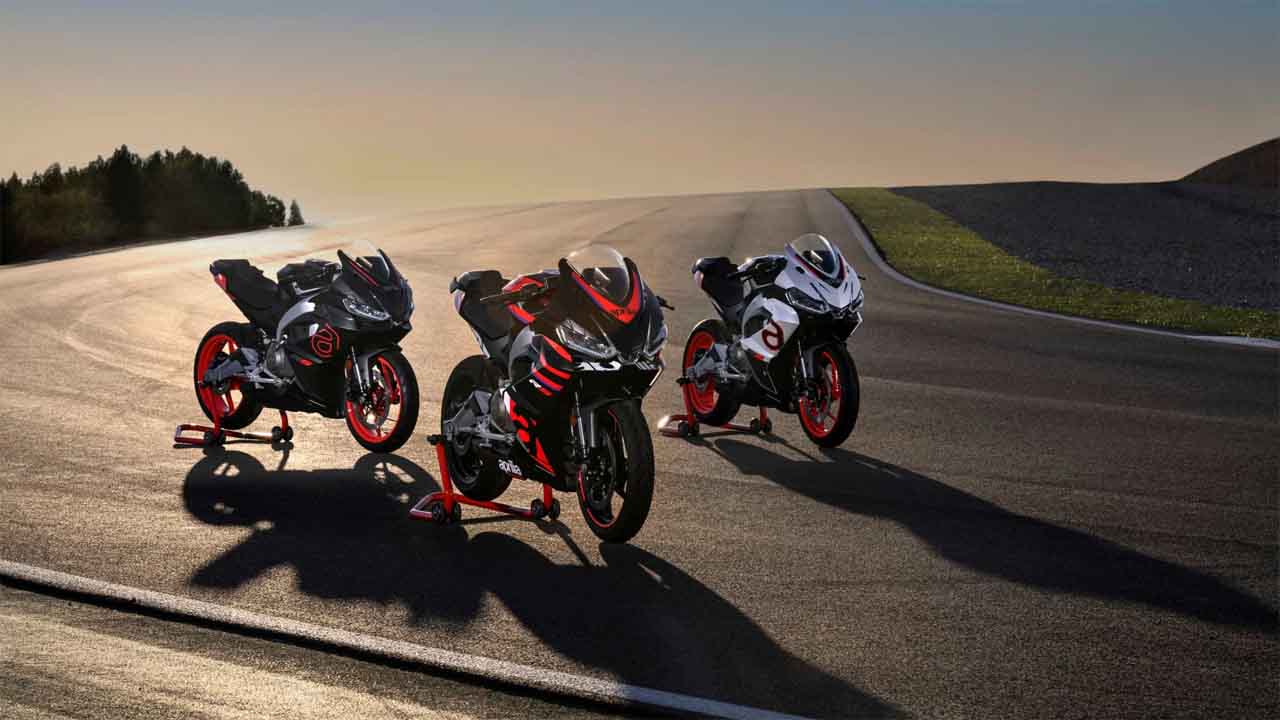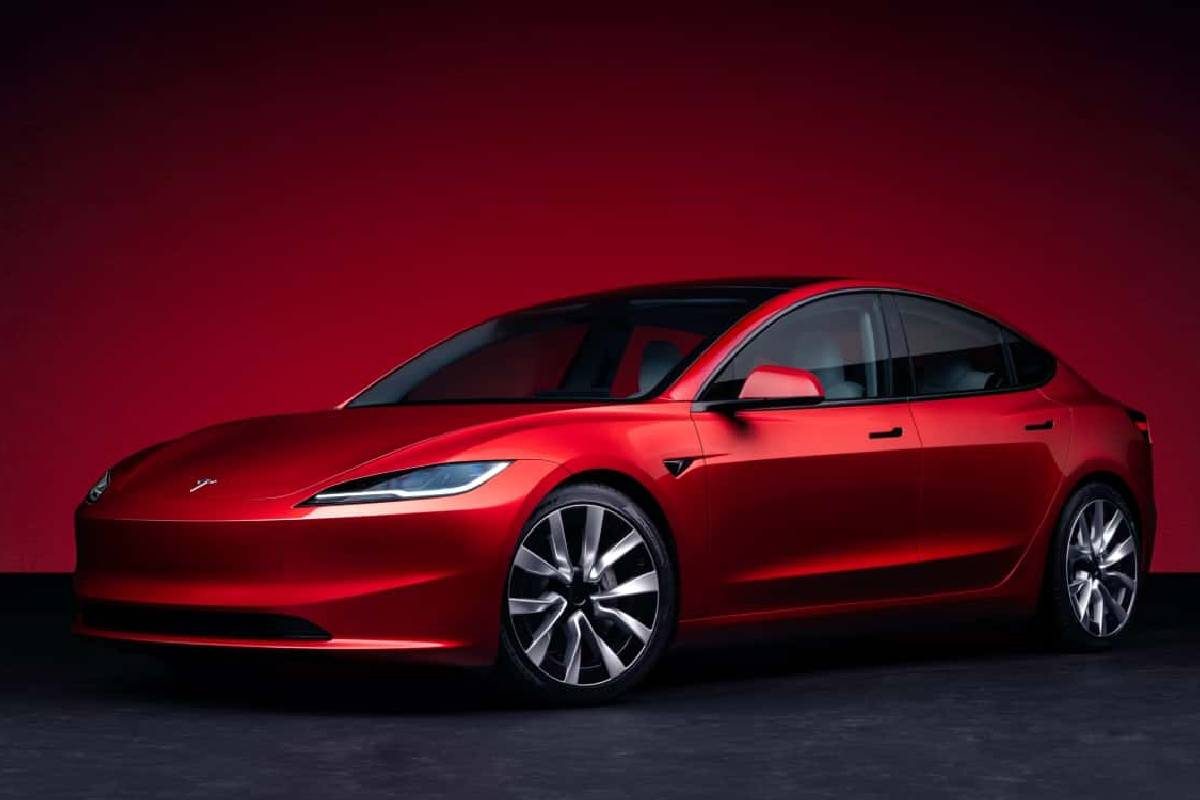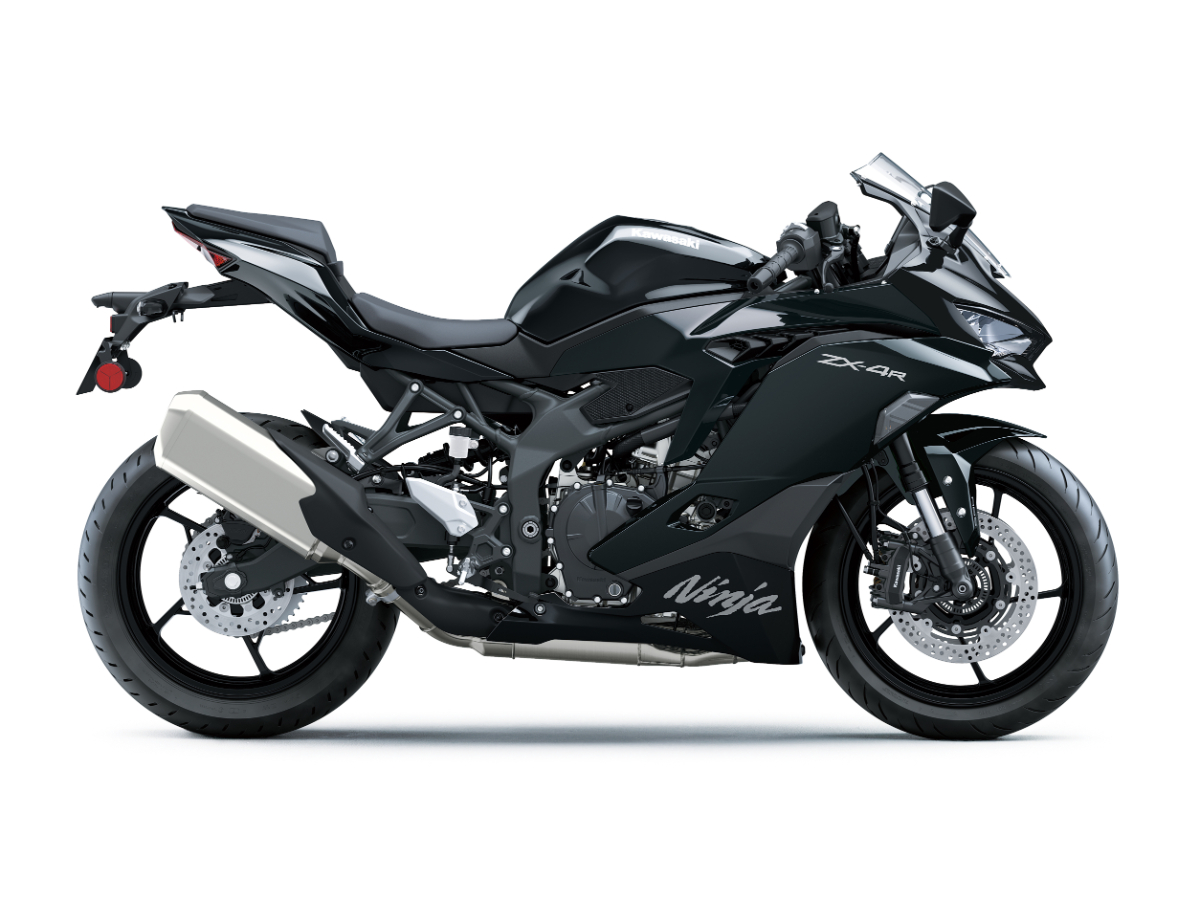In the ever-evolving landscape of the automotive industry, market capitalization is becoming an increasingly significant indicator of success and influence. As we look at the current standings, it’s evident that Tesla, the American electric vehicle (EV) pioneer, continues to dominate the global stage. Here’s a glimpse into the world of the biggest automakers in the world, ranked by market capitalization:
Tesla (🇺🇸): $777 billion
Unsurprisingly, Tesla, led by visionary CEO Elon Musk, stands at the pinnacle with a market capitalization of $777 billion, making it the world’s largest automaker by this crucial metric. The company’s relentless pursuit of electric mobility has propelled it to the forefront of the industry.
Toyota (🇯🇵): $234 billion
Toyota, a global automotive giant, secures the second position with a market capitalization of $234 billion. With a rich history and commitment to innovation, Toyota remains a formidable force in the automotive world.
BYD (🇨🇳): $97 billion
China’s BYD, known for its electric vehicles and batteries, takes the third spot with a market capitalization of $97 billion. BYD’s strong presence in the EV market has contributed to its remarkable growth.
Porsche (🇩🇪): $97 billion
The German luxury carmaker Porsche shares the third position with BYD, also boasting a market capitalization of $97 billion. Porsche’s combination of performance and prestige has resonated with enthusiasts worldwide.
Mercedes-Benz (🇩🇪): $76 billion
Another German powerhouse, Mercedes-Benz, secures the fifth spot with a market capitalization of $76 billion. Known for its premium vehicles, Mercedes-Benz continues to define luxury in the automotive sphere.
VinFast Auto (🇻🇳): $68 billion
Vietnam’s VinFast Auto, a relative newcomer to the global automotive scene, makes a significant impact with a market capitalization of $68 billion. The company’s rapid rise underscores the potential of emerging automakers.
BMW (🇩🇪): $66 billion
The iconic German brand BMW holds the seventh position with a market capitalization of $66 billion. BMW’s commitment to driving pleasure and innovation remains unwavering.
Volkswagen (🇩🇪): $63 billion
Volkswagen, a name synonymous with mass-market cars, ranks eighth with a market capitalization of $63 billion. The Volkswagen Group encompasses a wide range of brands, contributing to its global presence.
Ferrari (🇮🇹): $57 billion
Italy’s Ferrari, renowned for its high-performance sports cars, is in the ninth spot with a market capitalization of $57 billion. Ferrari’s exclusivity and racing heritage continue to captivate enthusiasts.
Stellantis (🇳🇱): $56 billion
Stellantis, a multinational automotive corporation formed by the merger of Fiat Chrysler Automobiles and PSA Group, takes the tenth spot with a market capitalization of $56 billion. The company represents a diverse portfolio of brands.
Honda (🇯🇵): $53 billion
Honda, a renowned Japanese automaker, follows closely in the eleventh position with a market capitalization of $53 billion. Honda’s reputation for reliability and innovation remains a cornerstone of its success.
Ford (🇺🇸): $48 billion
Ford, one of the oldest American automakers, claims the twelfth spot with a market capitalization of $48 billion. The company’s history is deeply intertwined with the growth of the automotive industry.
General Motors (GM) (🇺🇸): $46 billion
General Motors (GM), a giant in the American automotive landscape, ranks thirteenth with a market capitalization of $46 billion. GM’s diverse portfolio includes well-known brands like Chevrolet, Cadillac, and GMC.
Li Auto (🇨🇳): $42 billion
Li Auto, a Chinese electric vehicle manufacturer, occupies the fourteenth position with a market capitalization of $42 billion. The company focuses on smart electric SUVs and hybrid vehicles.
Maruti Suzuki (🇮🇳): $37 billion
Maruti Suzuki, a leading automaker in India, stands at the fifteenth spot with a market capitalization of $37 billion. The company’s affordable and fuel-efficient cars have captured a significant market share in India.
Hyundai (🇰🇷): $33 billion
Hyundai, a South Korean automaker, follows closely in the sixteenth position with a market capitalization of $33 billion. Hyundai is known for its diverse range of vehicles, including sedans, SUVs, and electric cars.
Tata Motors (🇮🇳): $26 billion
Tata Motors, an Indian automotive giant, claims the seventeenth spot with a market capitalization of $26 billion. The company is known for its commercial vehicles and passenger cars.
Great Wall (🇨🇳): $26 billion
Great Wall Motors, a Chinese automaker specializing in SUVs and pickup trucks, ranks eighteenth with a market capitalization of $26 billion. The company is expanding its global footprint.
Kia (🇰🇷): $23 billion
Kia, a subsidiary of Hyundai, occupies the nineteenth position with a market capitalization of $23 billion. Kia’s lineup includes a range of vehicles, from compact cars to SUVs.
SAIC Motor (🇨🇳): $23 billion
SAIC Motor, one of China’s largest automotive manufacturers, shares the nineteenth position with Kia, also boasting a market capitalization of $23 billion. The company collaborates with global partners on various projects.
Mahindra & Mahindra (🇮🇳): $23 billion
Mahindra & Mahindra, an Indian multinational automaker, joins the twentieth spot with a market capitalization of $23 billion. The company is known for its SUVs and commercial vehicles.
Rivian (🇺🇸): $22 billion
Rivian, an American electric vehicle startup, claims the twenty-first position with a market capitalization of $22 billion. The company focuses on electric trucks and SUVs.
NIO (🇨🇳): $20 billion
NIO, a Chinese electric vehicle manufacturer, ranks
While these rankings provide a snapshot of the current automotive landscape, the industry remains dynamic, with technological advancements, sustainability initiatives, and changing consumer preferences shaping the future. The competition among the largest automakers will undoubtedly continue to evolve as the world accelerates toward a new era of mobility. Stay tuned for updates and developments as these automotive giants navigate the road ahead.








